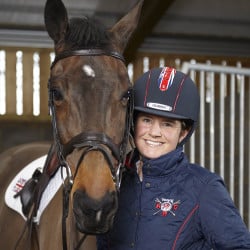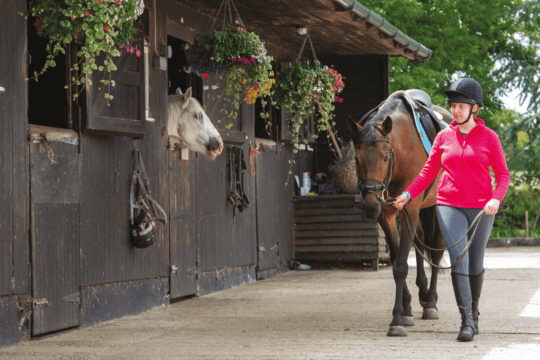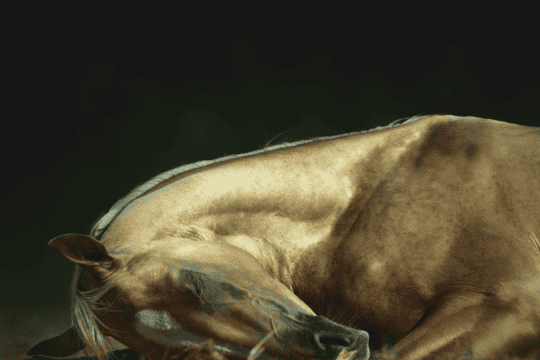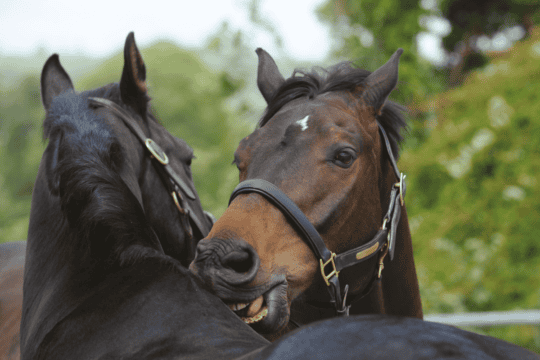Q: My mare is about to foal and while I’m very excited about the prospect, I’m starting to panic, as it’s a first foal for both of us! Please could you advise me on the first few months of ‘childcare’?
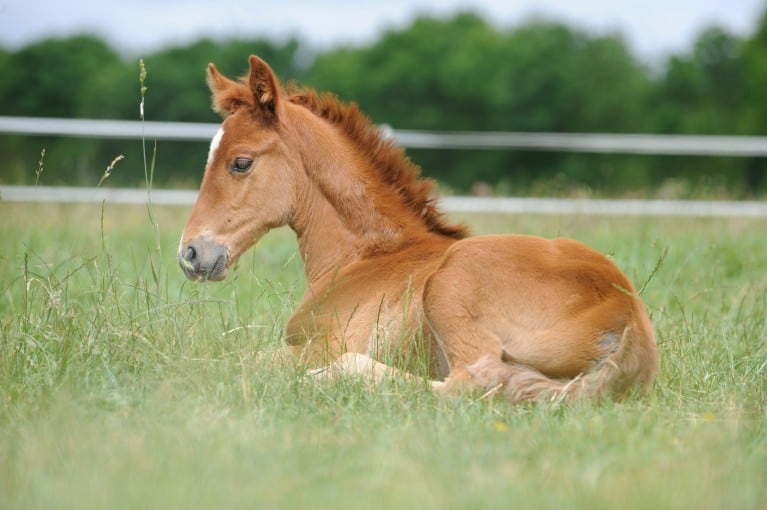
Jane van Lennep answers:
Breeding your own foal is a wonderful experience and probably every horse owner’s dream! But the nearer the day gets, the more anxious you will become, fearing the worst and hoping for the best.
Bear in mind that horses have been an extremely successful species and have been breeding for 50 million years! Ninety per cent of foalings are totally trouble-free. Remember that foaling is a very natural thing and nature equips mares well for this. Your new dam’s role is to protect, nurture and nourish her baby and, in the vast majority of cases, she can do this perfectly well without your intervention – and usually better in your absence!
Keeping watch
Your best role at first is to observe, unobserved. Intervene only if there is a genuine problem, and allow the mare to bond with her foal and get to know it without interruptions, or at least with the minimum of disturbance. No doubt there will be many people advising you, with as many ideas as to what to do for the best, but keep remembering that generally, nature knows best!
There are a few guidelines, however. Always remember…
- Never get between a mare and her foal. When you approach or are handling, always make sure that her foal is her side of you.
- Always approach the mare and make much of her before you do anything to the foal.
- When leading or moving them about, never let the mare lose sight of her foal.
Learning curve
Never be in a rush to teach the foal to lead, have its feet lifted or be groomed. Take time and these will be much easier. If you do not try it, it cannot go wrong! However endearing a foal is, do not spoil them or encourage inappropriate behaviour, such as sucking on your fingers or clothes, striking out at you or head-butting. These are behaviours they employ to encourage their dam to feed them and will become dangerous if employed on us.
Given the chance to bond strongly with its dam, the foal will follow her closely, so at first – when, for instance, going in and out of the field and the stable – allow the foal to follow. This way, it should learn what to do, without being confused by you trying to make it do what it would do anyway! And if the foal gets distracted by anything, jogging Mum on will soon encourage it to come back to her side.
Getting friendly
While handling the mare, the foal will soon become curious and will come up to you. This is much better than going in with the intention of catching it, and ending up cornering it and frightening it. Get it used to being stroked and find its little ‘itchy place’ where it likes to be scratched!
Do not put your hand on its back or loins when it is very young, as there is a reflex there which will make it run off or buck. When it is new-born, as the dam licks along its back, the foal will be stimulated into getting up. You must avoid stimulating it in a similar way, but in the wrong circumstances!
Don’t be in a hurry!
Gradually, your foal will gain confidence. Work out from the ‘safe’ zone where your hands are most acceptable, which is the neck and shoulders. If it snatches away as you go down the leg, simply repeat the exercise and stop just before the point at which it objected, and make sure you keep your hand there for a moment or two.
Do not inadvertently teach them that they can get you to go away if they snatch away! Soon, you’ll be able to touch your foal all over and accustom it to lifting its feet, too.
Above all, never rush things and allow nature to help you. The foal is only young once and mistakes now can have long-term effects. And don’t worry if it all goes wrong, for it can be better to leave things for a while and come back to it when the foal is a little older, and more able to cope. More than anything, however, enjoy this magical time with your newborn!

